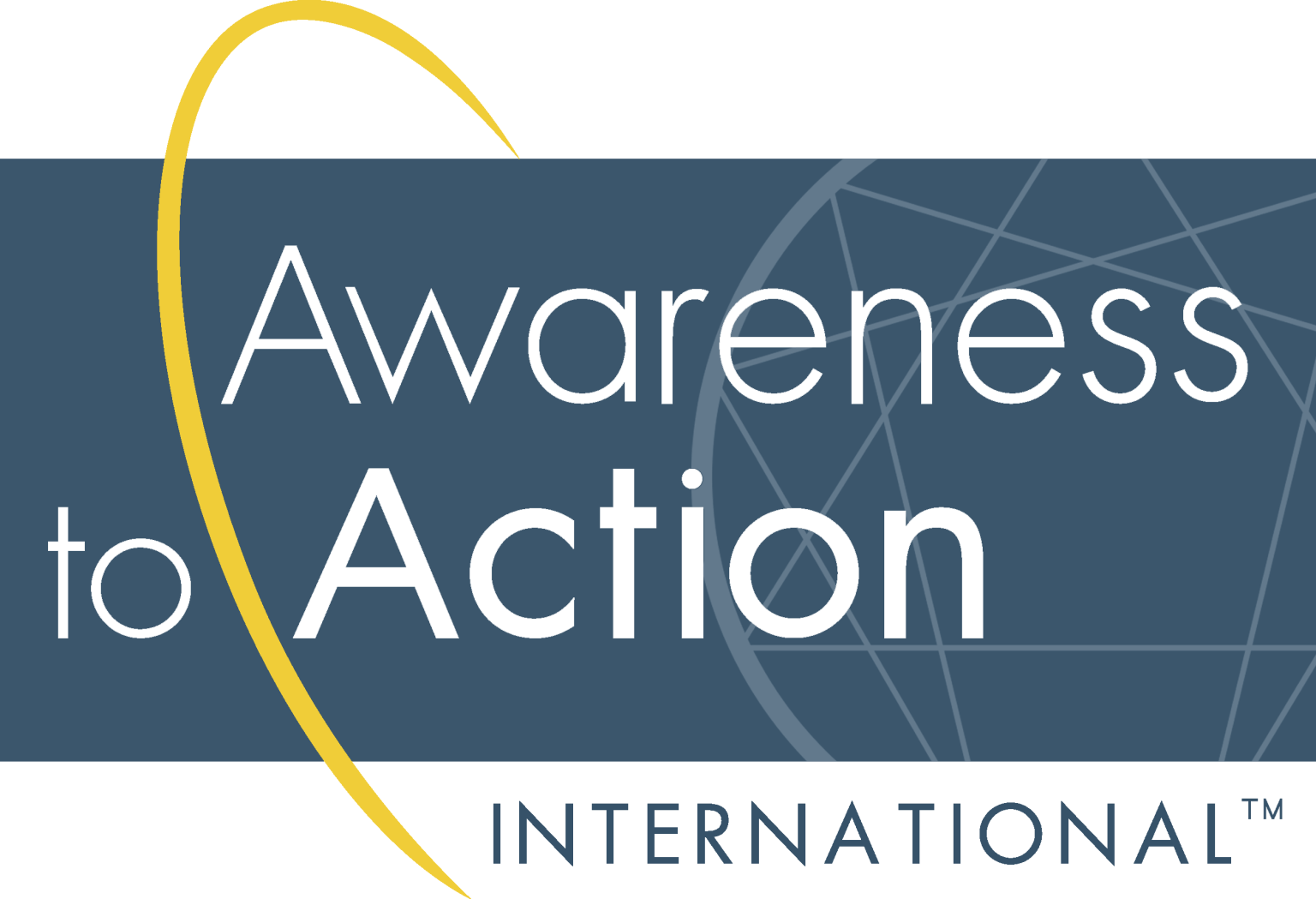Instinctual Leadership – how your personality influences your ability to lead and manage in the sports arena.
by Mario Fernandez and Mario Sikora Phrases such as “I just don’t think they understand me”, “this seems to always happen” or “how can I get players to be motivated?” capture the sentiment echoed so frequently by coaches around the world. And this is not exclusive to...






